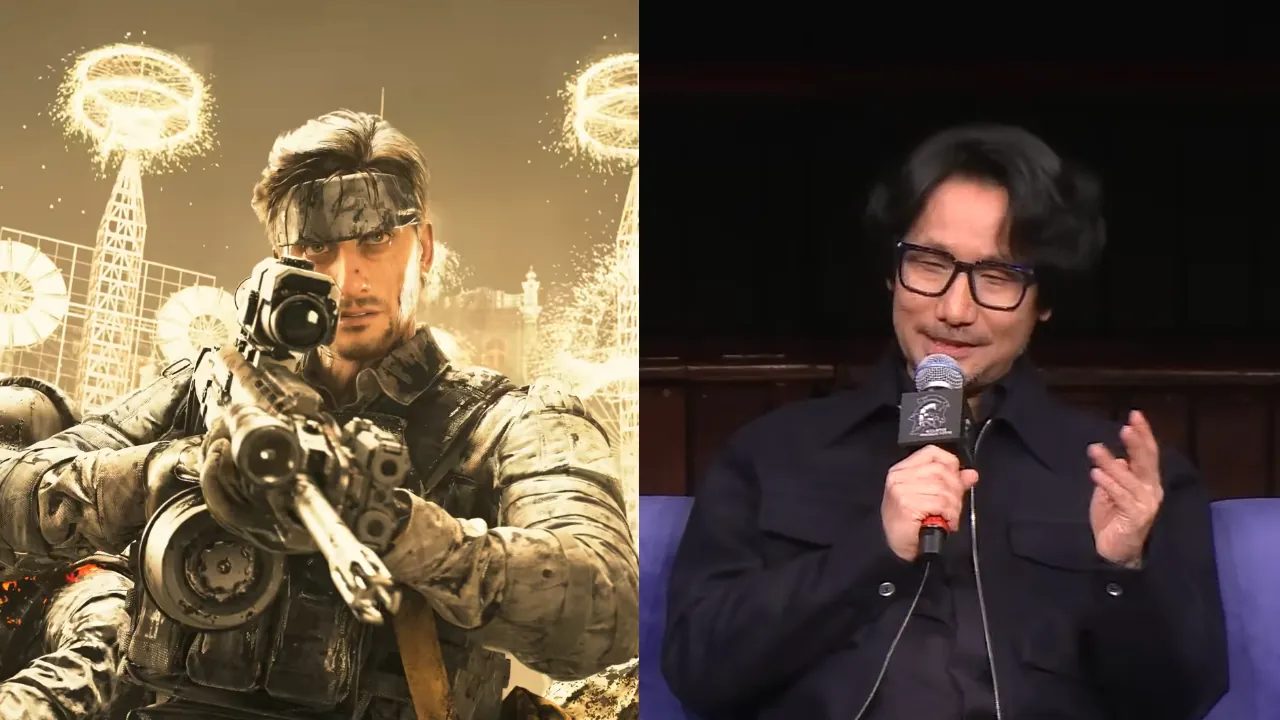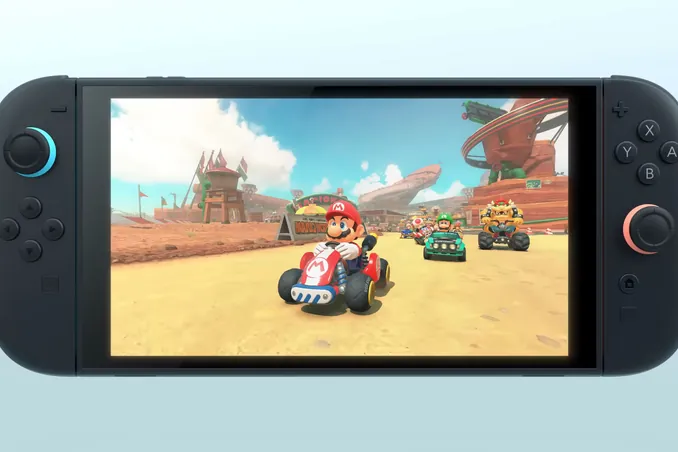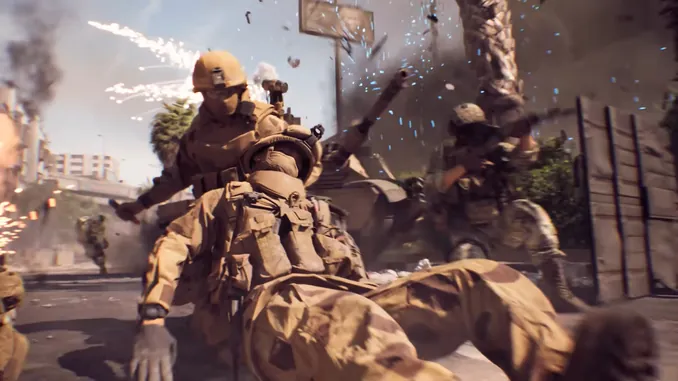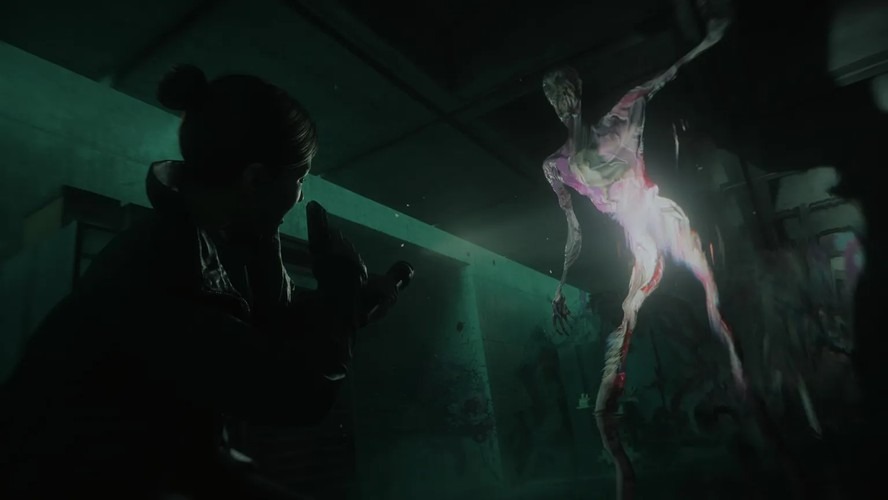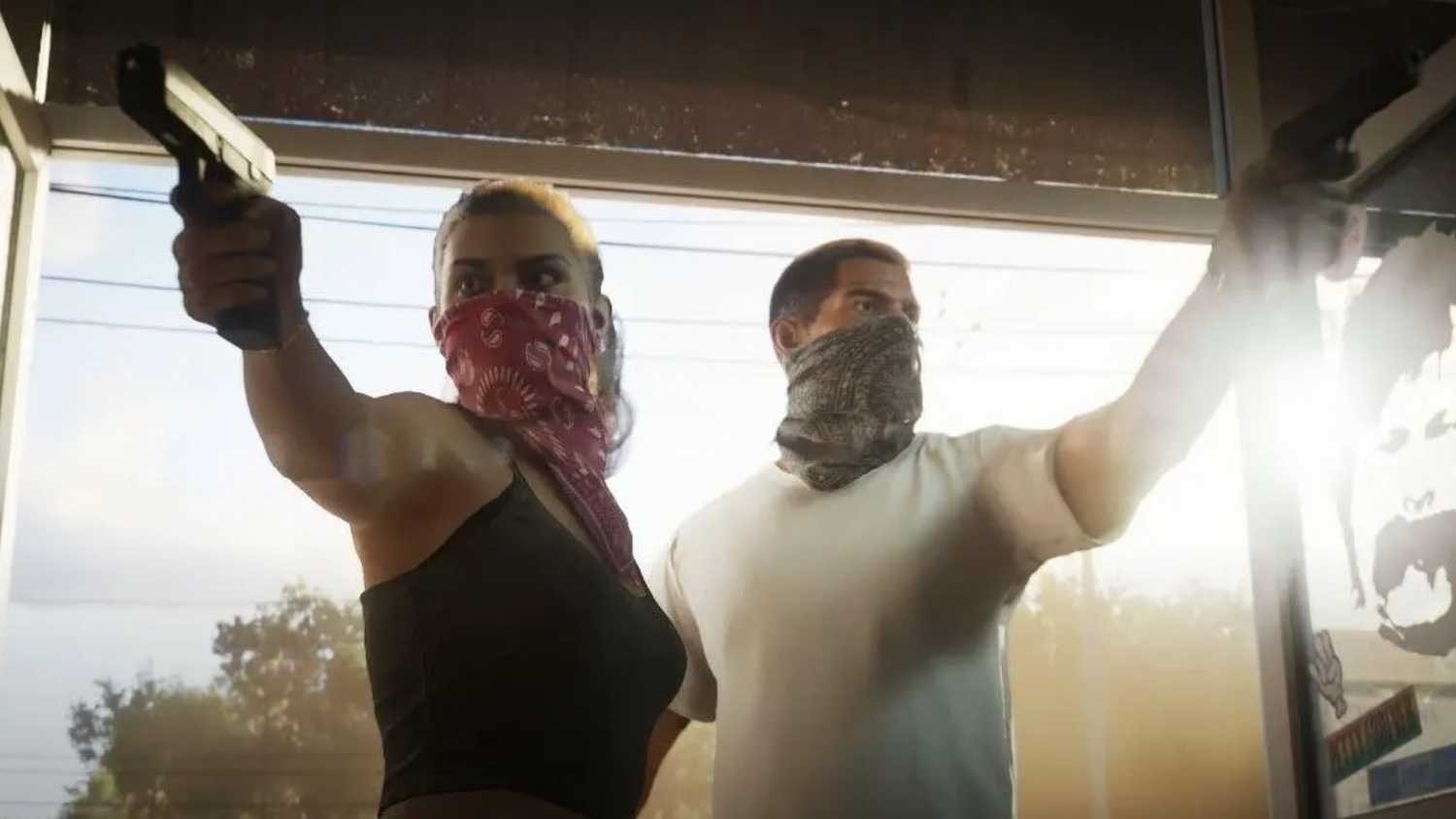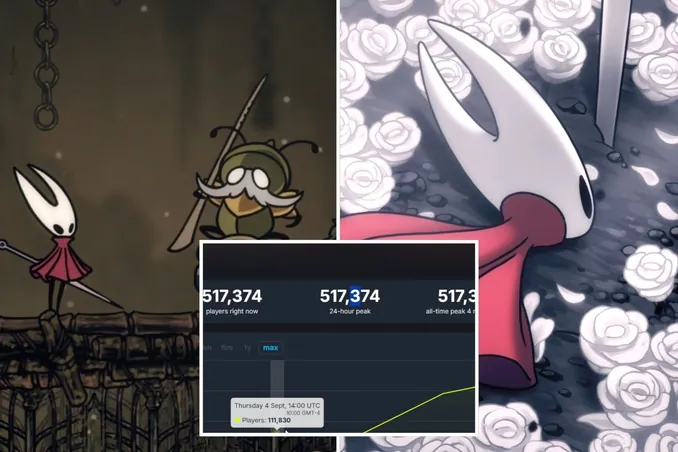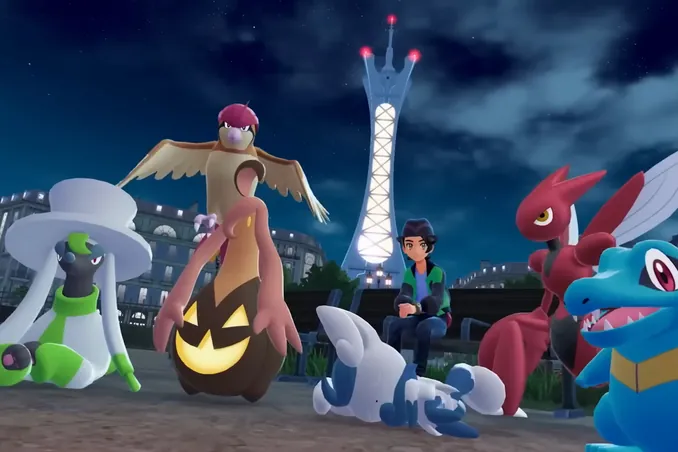Ghost of Yotei Studio Finally Breaks Silence With Apology After Charlie Kirk Assassin Joke Sparks PlayStation Boycott
But fans say the apology is too little too late as launch date approaches.
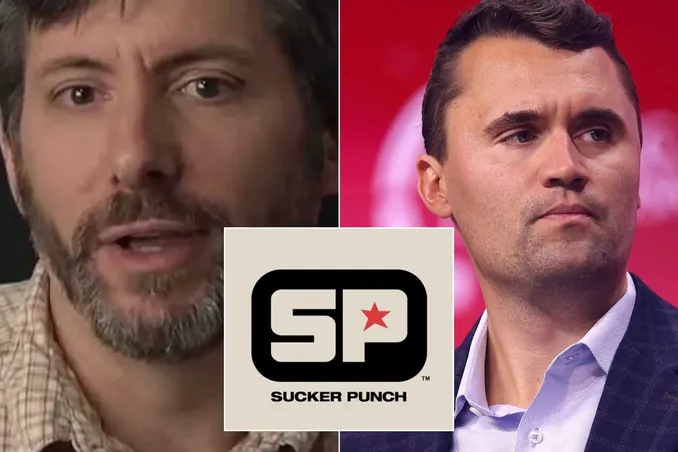
Summary
- Sucker Punch studio head Brian Fleming confirms Ghost of Yotei artist Drew Harrison was fired after a controversial Mario ‘Joke’.
- The studio issues a short apology condemning political violence, but gamers remain split on whether to forgive or boycott.
- Ongoing backlash, voice actor drama, and calls for a PlayStation boycott leave the future of Ghost of Yotei uncertain.
Sucker Punch finally blinked. After boycotts, outrage, and an online circus that made Ghost of Yotei feel less like a hot PlayStation exclusive and more like a cable news segment, the studio dropped an ‘official’ statement (in an interview, so, yeah).
The head of the company, Brian Fleming, stepped in to confirm what everyone already knew: an employee was fired, the studio doesn’t support celebrating violence, and they’re ready to move on.
Related
That sounds simple, right? Not exactly.
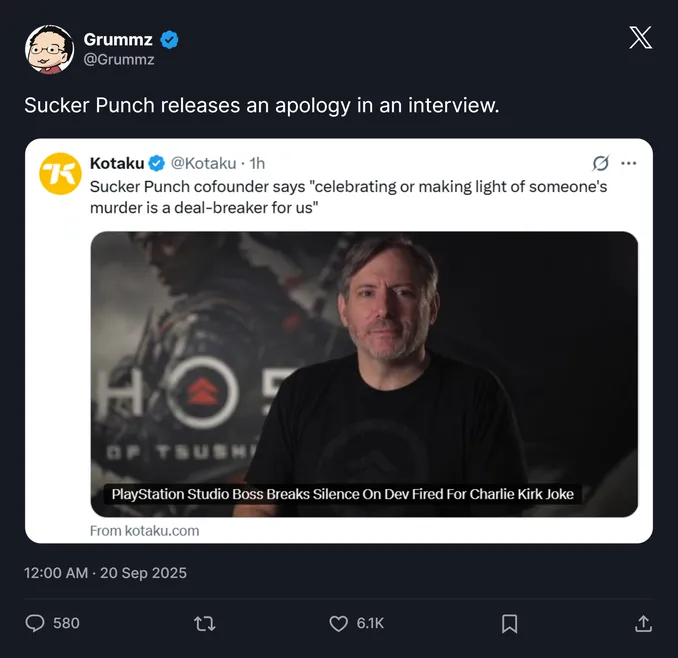
This whole mess started when longtime Sucker Punch artist Drew Harrison decided to fire off a post on social media that… well, let’s just say it was the kind of “joke” that ends careers.
Harrison wrote that she hoped the shooter’s name was Mario (referring to the guy who killed Charlie Kirk), “so that Luigi knows his brother got his back” trying to make a connection with the other guy named Luigi Mangione who alleged killed the United Healthcare CEO.
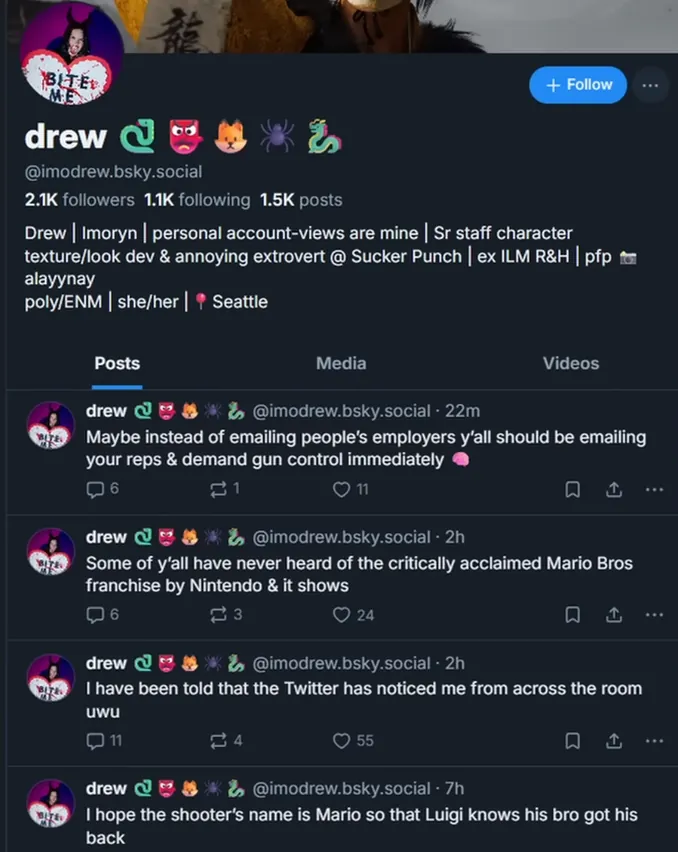
Within a day she was out. Fleming told Game File that the facts were accurate and Harrison was no longer at the studio. He also spelled it out in plain terms:
“Drew’s no longer an employee here. I think we’re aligned as a studio that celebrating or making light of someone’s murder is a deal-breaker for us, and we condemn that, kind of in no uncertain terms. That’s sort of our studio, and that’s kind of where we are.”
That should have been the end of it. Right? But nope, instead, the gaming world did what it does best: turn a firing into a week-long civil war.
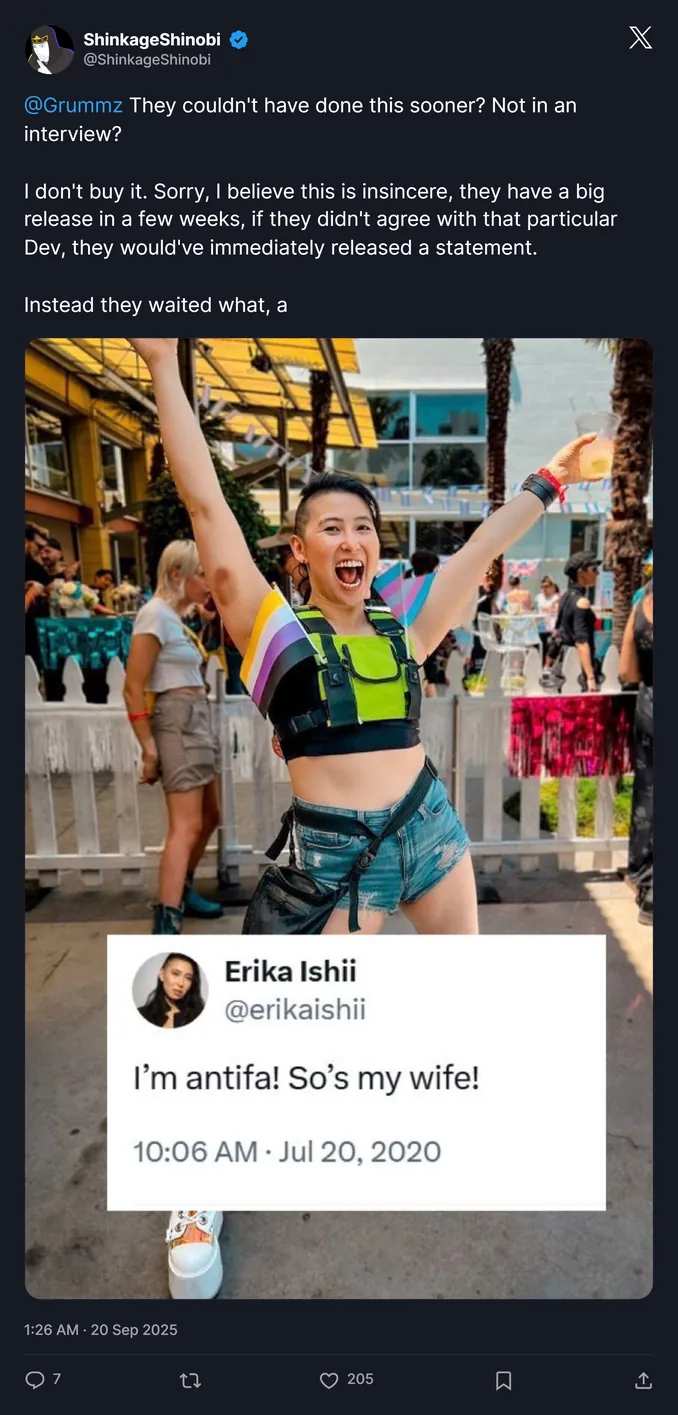
Free Speech Tug-of-War
The controversy quickly split audiences. Some players demanded a formal apology from the studio, not just the firing.
Others rolled their eyes at the idea of begging for statements from companies that are basically in the business of selling fantasy sword fights and stealth kills.
The irony here is that Sucker Punch is now being accused of not defending free speech, the same free speech that plenty of gamers felt the industry has ignored when it came to other controversies.
As one critic put it,
“They’ve been fine canceling people for years, but now they suddenly care because it hit them in the face.”
It’s the internet eating itself, and Ghost of Yotei is caught in the middle.
Fleming’s Tightrope Walk
So what did Fleming actually say? He didn’t grovel. He didn’t write a three-page apology letter. He gave a short, firm statement.
He made it clear Harrison’s comment was unacceptable, and that Sucker Punch condemns making light of murder.
That’s the line. No frills. No “we need to listen and learn” boilerplate. Just a studio head saying “we don’t want this here.”
To some, it was refreshing. To others, it was too little, too late. And to another slice of the gaming crowd, it didn’t matter at all, they were already boycotting.
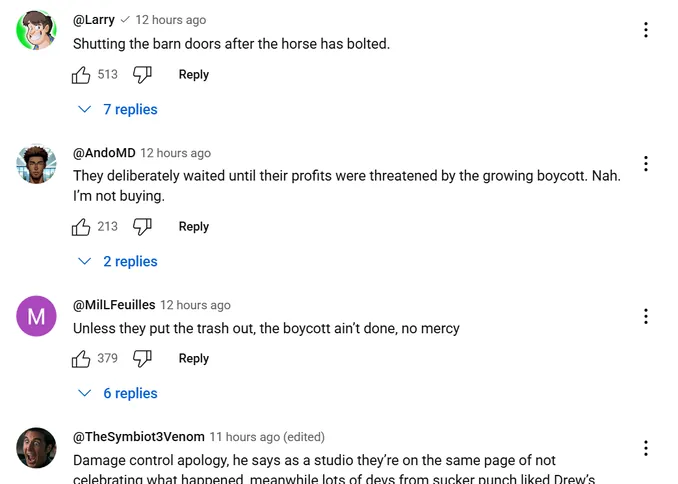
The Boycott Drama
Talk of a PlayStation boycott started swirling as soon as Harrison’s post went viral. Hashtags popped up, calls for refunds spread, and Ghost of Yotei instantly went from a “maybe buy” to a “maybe burn.”
Some gamers insist they’re done with the game for good. The vibe is that the apology was more about damage control than real accountability.
Others argue the firing was punishment enough and that the apology was icing on the cake.
Meanwhile, plenty of players have quietly admitted something simple: they weren’t all that excited about the game in the first place.
As one commentator put it, “I’d rather replay the original than deal with this headache.”
The Voice Actor Angle
Here’s where things get even messier. Critics have pointed out that one of the game’s voice actors has been openly political online, aligning with left-leaning causes.
That lit a new fire under the controversy.
For detractors, it feels like the studio bent over backward to please the gaming press and ignored the fans who made the original game a hit.
That’s the claim, anyway. Whether that’s true or just internet paranoia doesn’t even matter anymore, the perception is baked in.
Once an audience starts to believe a game isn’t “for them,” good luck convincing them otherwise.
History Repeating?
The whole debacle has shades of the Bethesda drama, when employees went rogue online and Microsoft had to step in to cool things down.
Back then, corporate damage control basically boiled down to: “We know some of our people are acting like idiots. We’ll deal with it.”
Sucker Punch is now playing the same game. Only difference is that this time, the apology had to be public.
Fleming knew his statement was going to be dissected, clipped, and spread everywhere, so he kept it short.
Fans Divided
Yep, not everyone even wanted an apology. Some players had already sworn off the game. Others said, “Fine, thanks for saying something,” and went back to clearing their backlogs.
That’s the dirty secret of modern gaming outrage. Most players have so many unplayed titles sitting on their shelves or digital libraries that skipping a new release is hardly a sacrifice.
One commenter admitted, “I’ve got games I’ll never touch that I already paid for. Why add another?”
So, Where This Leaves Ghost of Yotei?
The game itself is still marching toward release (coming out on October 2). But the PR war around it has already left a mark. For some gamers, Ghost of Yotei is tainted goods.
For others, the controversy is background noise that will fade once the reviews drop.
The real test is sales.
If the apology calms things down enough, maybe the boycott dies quietly. If not, PlayStation may find itself with a very expensive problem on its hands.
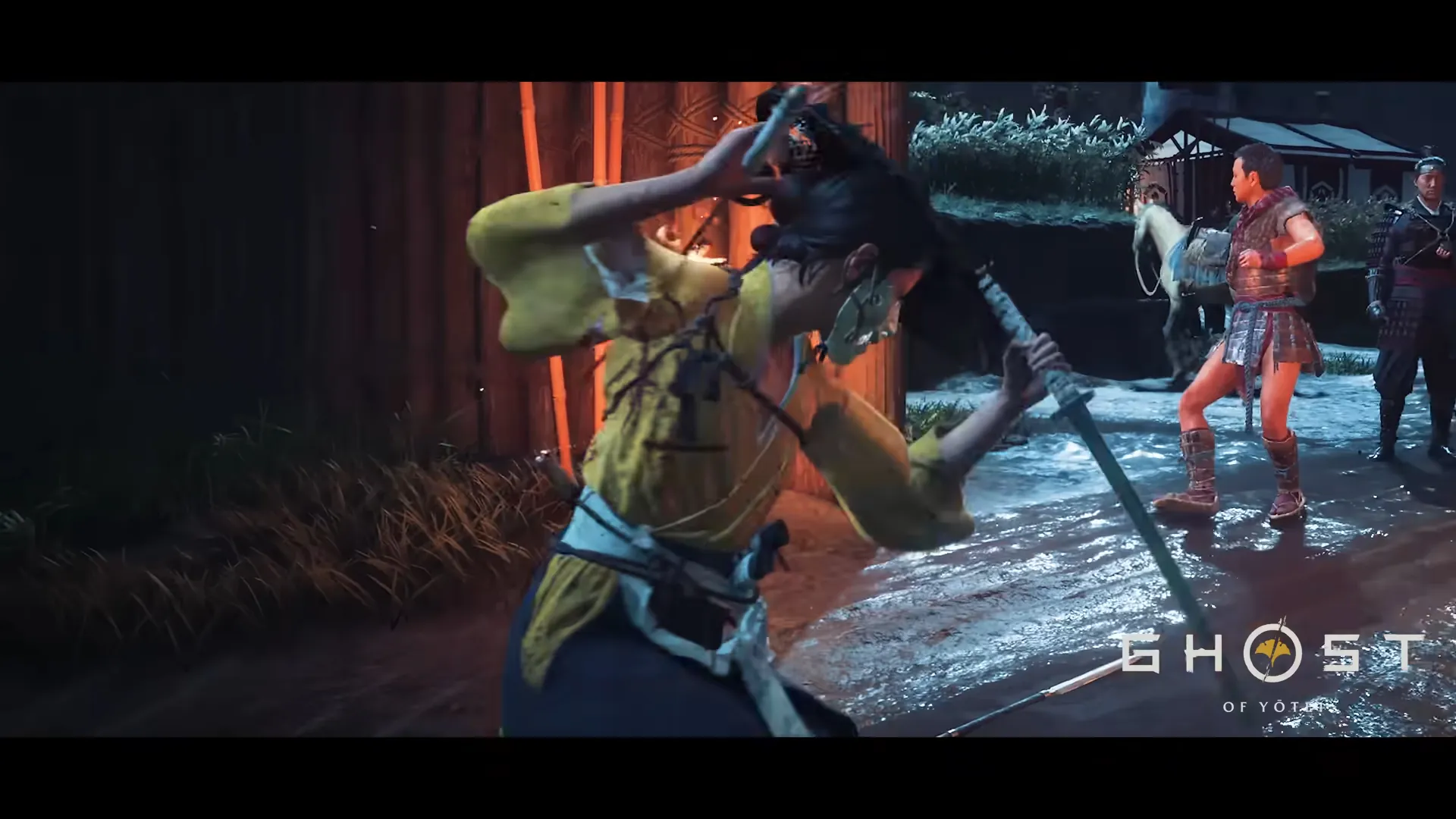
Zoom out, and this is less about one game and more about how the industry handles politics in 2025. Studios want to market to everyone without alienating anyone, which is basically impossible in the age of screenshots and hashtags.
Hire someone controversial, and you risk blowback. Fire them, and you risk another wave of outrage. Stay quiet, and you get accused of cowardice. Speak up, and you get accused of pandering. It’s a no-win scenario.
For Sucker Punch, the gamble is simple: the game has to be good enough that people forget the mess. That worked for plenty of other studios in the past.
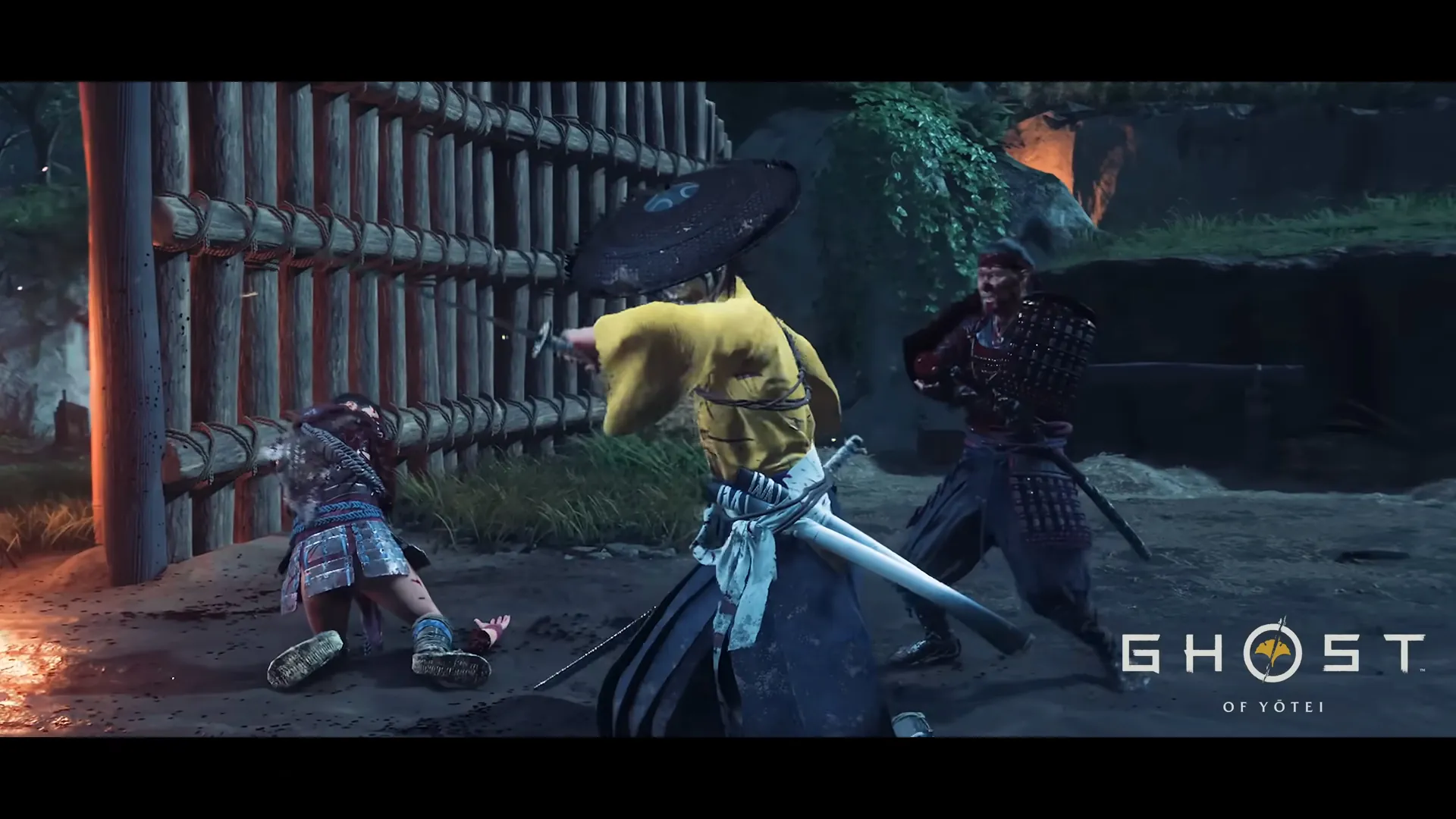
At the end of the day, the apology won’t satisfy everyone. Some players are done, some are sticking around, and some never cared in the first place.
Sucker Punch did what companies always do: protect the brand, make the statement, and move forward. The real story now is whether Ghost of Yotei will live or die by its controversy, or by its actual gameplay.
The boycott might fade. Or it might stick. Either way, the apology has officially closed one chapter and opened another.
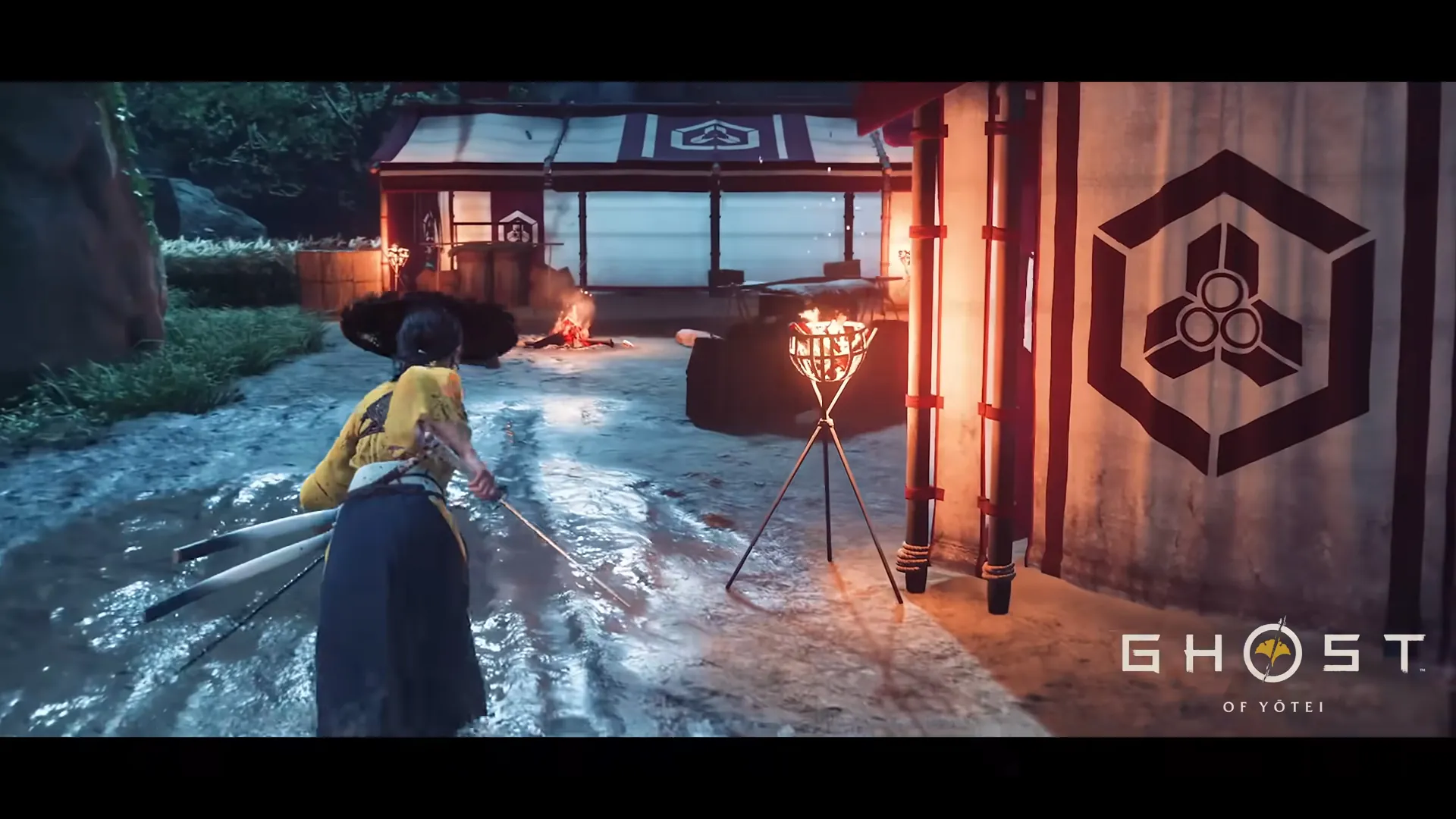
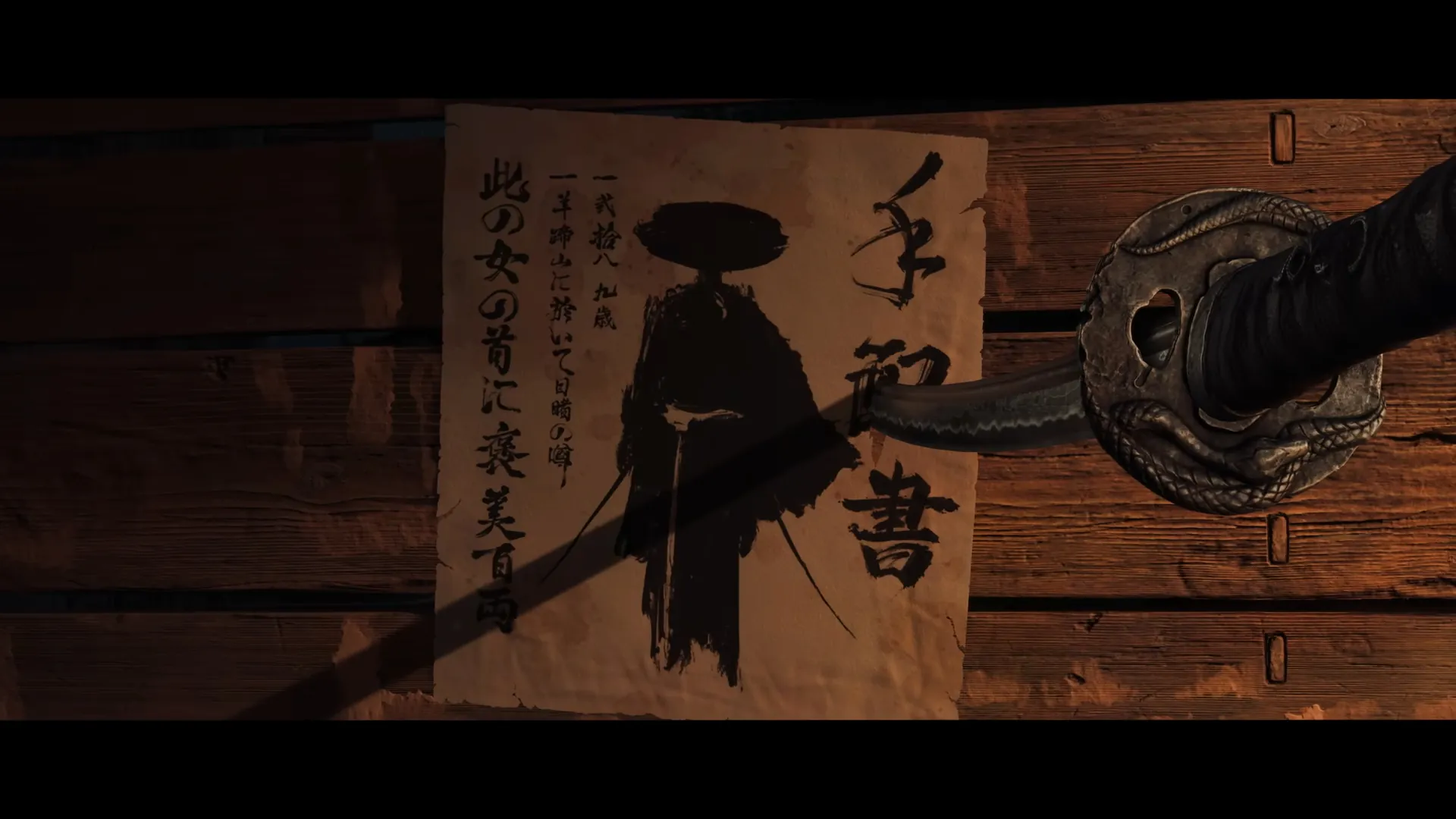
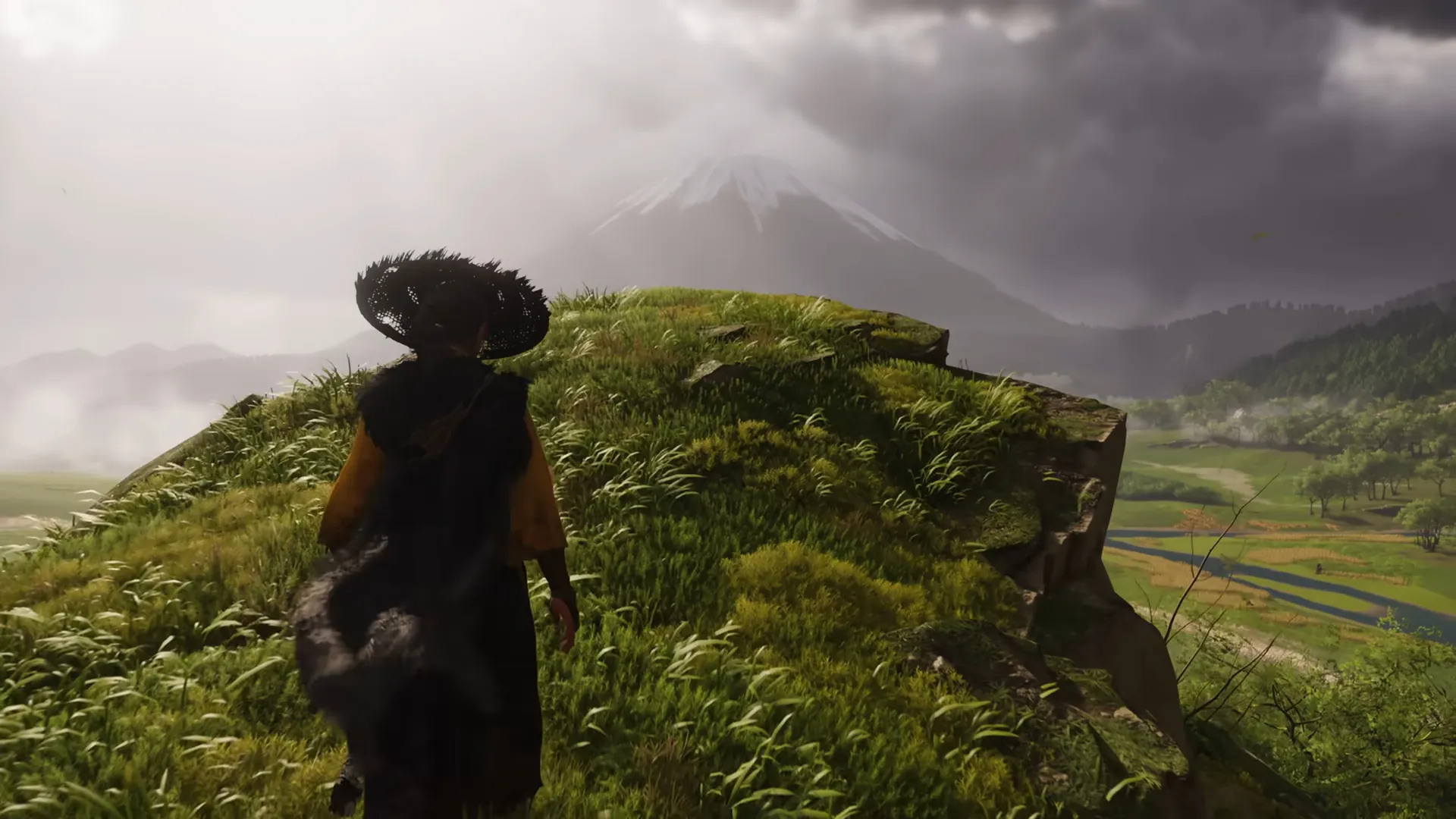
The creator explains DS2’s ending caps the first two games, adds he is not planning DS3 now, and hopes someone at Kojima Productions builds it.

